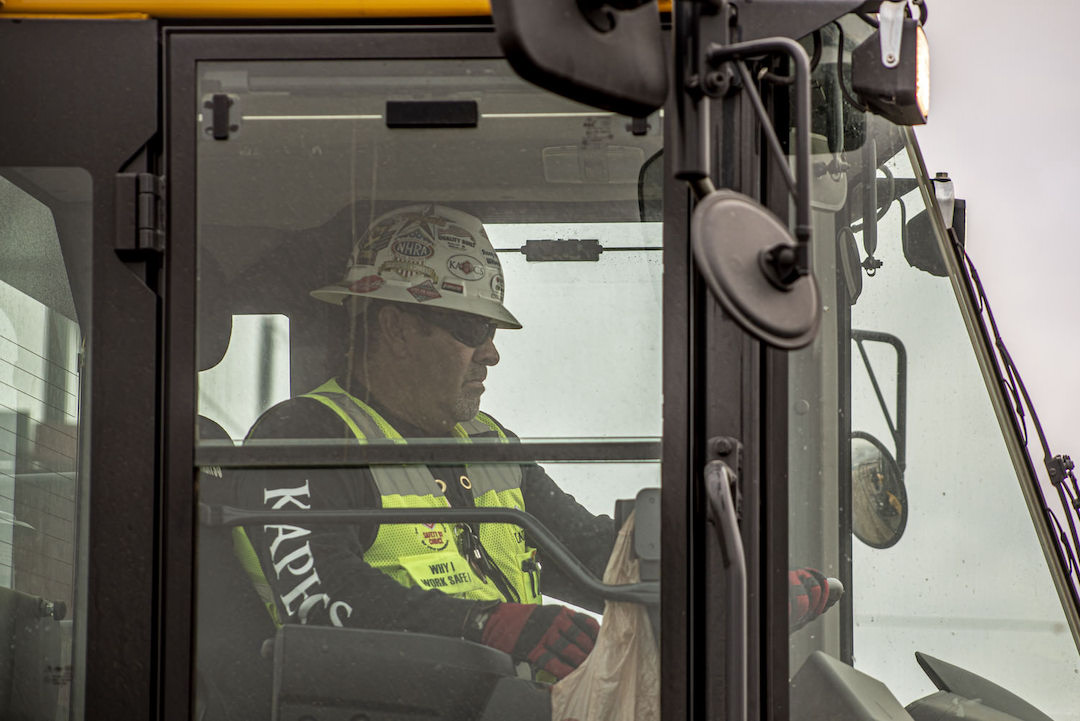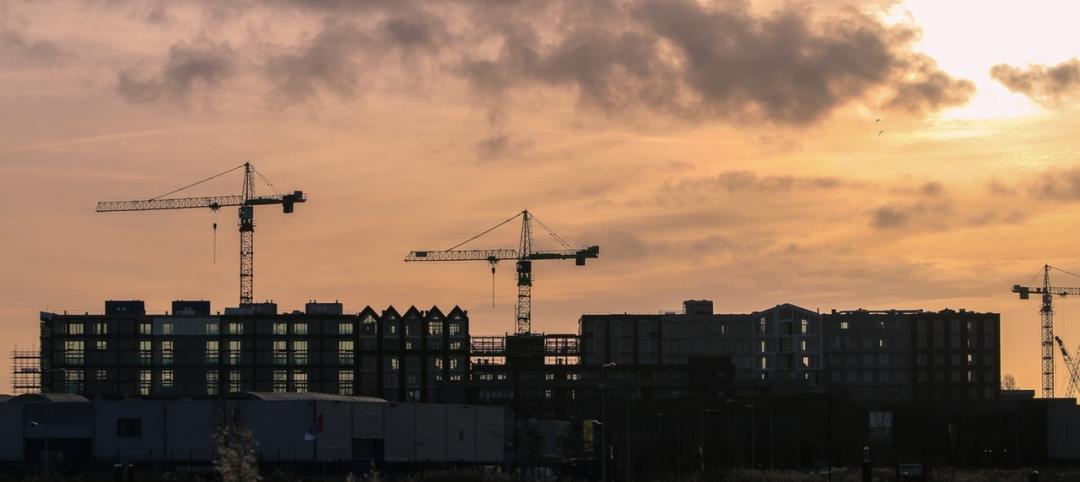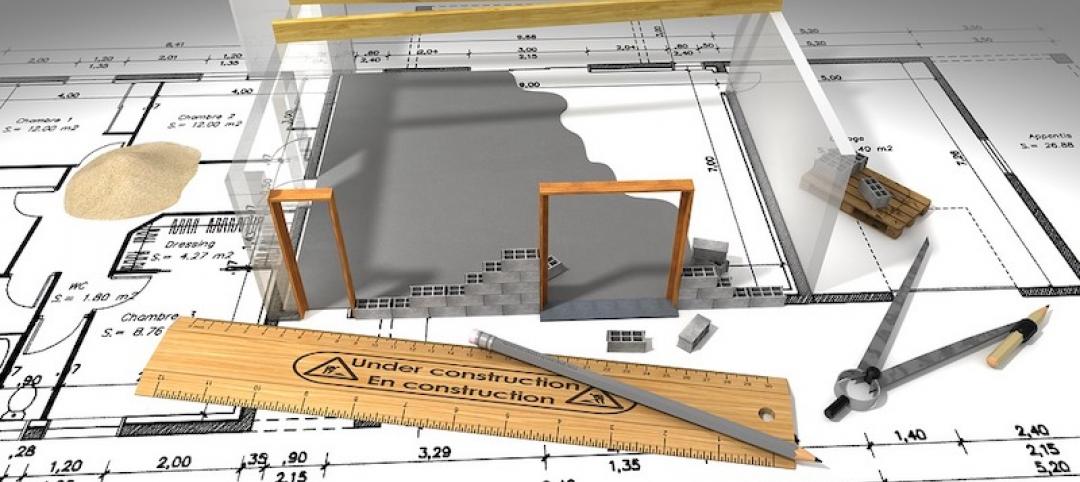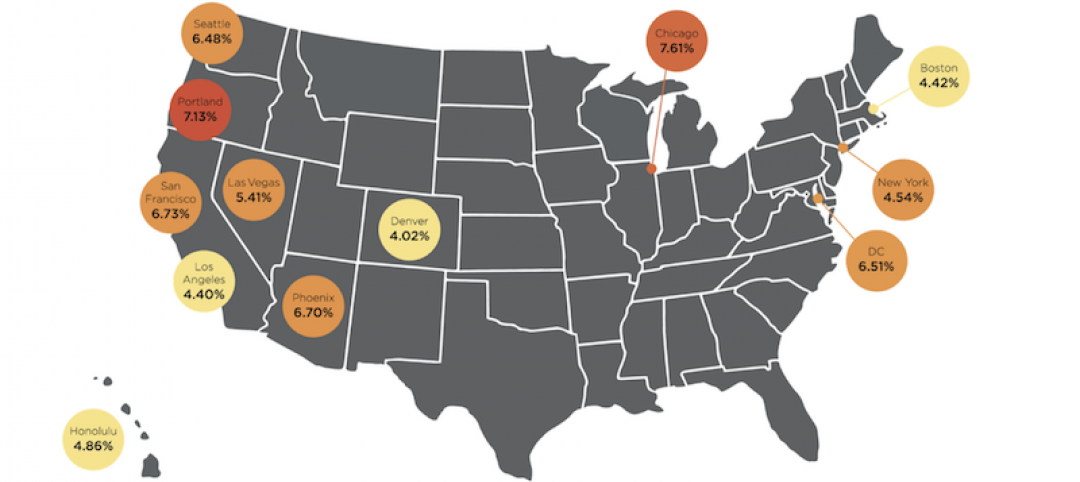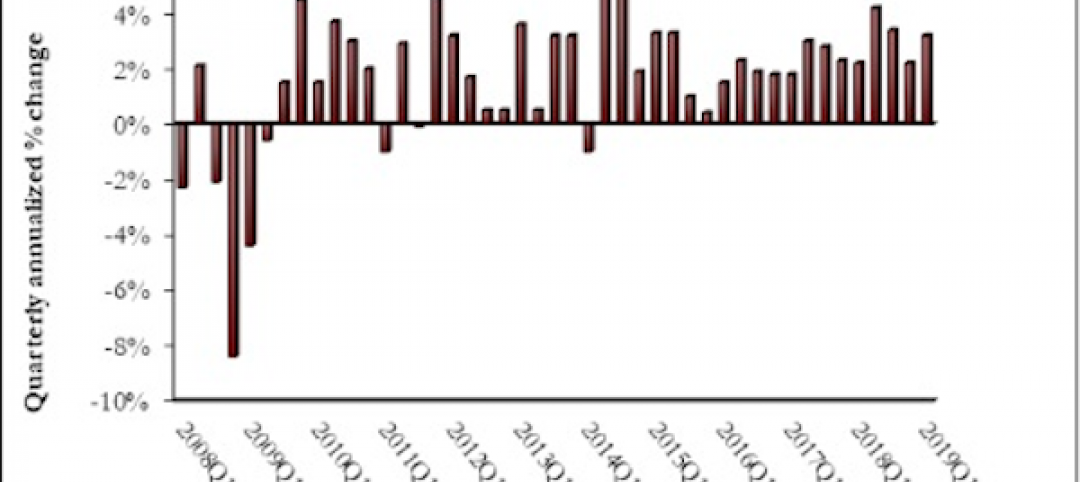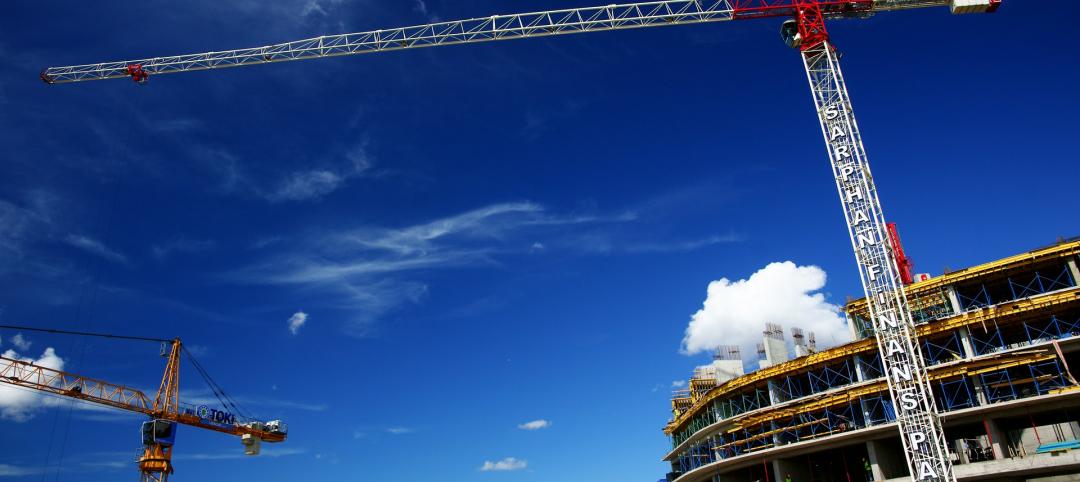Construction employment increased by 22,000 jobs between November and December as nonresidential construction firms added workers for the fourth month in a row while residential construction employment slipped, according to an analysis by the Associated General Contractors of America of government data released today. Association officials said the new employment figures are consistent with the results of a new outlook survey they will be releasing on January 12.
“Nonresidential contractors are increasingly busy and are eager to hire even more workers,” said Ken Simonson, the association’s chief economist. “But the low rate of unemployment and record job openings in construction show how difficult it is bringing enough workers on board.”
Simonson noted that the unemployment rate among former construction workers in December was 5.0%, which tied the lowest December rate since at least 2000 and was down from 9.6% a year earlier. He added that industry job openings totaled 345,000 at the end of November, an all-time high for November data.
Construction employment in December totaled 7,560,000, an increase of 22,000 for the month and 160,000 or 2.2% for the year. However, industry employment still trails the pre-pandemic peak, set in February 2020, by 88,000 positions.
Nonresidential construction firms added 27,000 employees in December, following a pickup of 25,700 in November. The category comprises nonresidential building contractors, with a gain of 3,700 employees; specialty trade contractors, with 12,900 more workers than in November; and heavy and civil engineering construction, which added 10,400 employees. But nonresidential employment remains 169,000 below the February 2020 level. The sector has regained only 74% of the jobs lost at the outset of the pandemic.
Residential construction employment dipped for only the second time in 2021, by 4,100 employees in December. Residential building contractors, such as homebuilders and general contractors that concentrate on multifamily construction, added 700 workers during the month, while residential specialty trade contractors shed 4,800 employees. Residential employment in December remained 82,000 above the February 2020 mark.
Association officials said the jobs figures reflect the industry optimism indicated in the annual Outlook survey they will be releasing during a virtual media briefing on Wednesday, January 12. But they cautioned that labor shortages continue to challenge contractors who are struggling to hire enough workers to keep pace with demand.
“The industry appears well poised for a strong recovery in 2022, but there are certainly clear challenges, including labor shortages, that could undermine construction this year,” said Stephen E. Sandherr, the association’s chief executive officer.
View the construction employment table.
Related Stories
Market Data | Jun 3, 2019
Nonresidential construction spending up 6.4% year over year in April
Among the 16 sectors tracked by the U.S. Census Bureau, nine experienced an increase in monthly spending, led by water supply and highway and street.
Market Data | Jun 3, 2019
4.1% annual growth in office asking rents above five-year compound annual growth rate
Market has experienced no change in office vacancy rates in three quarters.
Market Data | May 30, 2019
Construction employment increases in 250 out of 358 metros from April 2018 to April 2019
Demand for work is outpacing the supply of workers.
Market Data | May 24, 2019
Construction contractors confidence remains high in March
More than 70% of contractors expect to increase staffing levels over the next six months.
Market Data | May 22, 2019
Slight rebound for architecture billings in April
AIA’s ABI score for April showed a small increase in design services at 50.5 in April.
Market Data | May 9, 2019
The U.S. hotel construction pipeline continues to grow in the first quarter as the economy shows surprising strength
Projects currently under construction stand at 1,709 projects/227,924 rooms.
Market Data | May 9, 2019
Construction input prices continue to rise
Nonresidential input prices rose 0.9% compared to March and are up 2.8% on an annual basis.
Market Data | May 7, 2019
Construction costs in major metros continued to climb last year
Latest Rider Levett Bucknall report estimates rise at more than double the rate of 2018 Growth Domestic Product.
Market Data | Apr 29, 2019
U.S. economic growth crosses 3% threshold to begin the year
Growth was fueled by myriad factors, including personal consumption expenditures, private inventory investment, surprisingly rapid growth in exports, state and local government spending and intellectual property.
Market Data | Apr 18, 2019
ABC report: 'Confidence seems to be making a comeback in America'
The Construction Confidence Index remained strong in February, according to the Associated Builders and Contractors.


